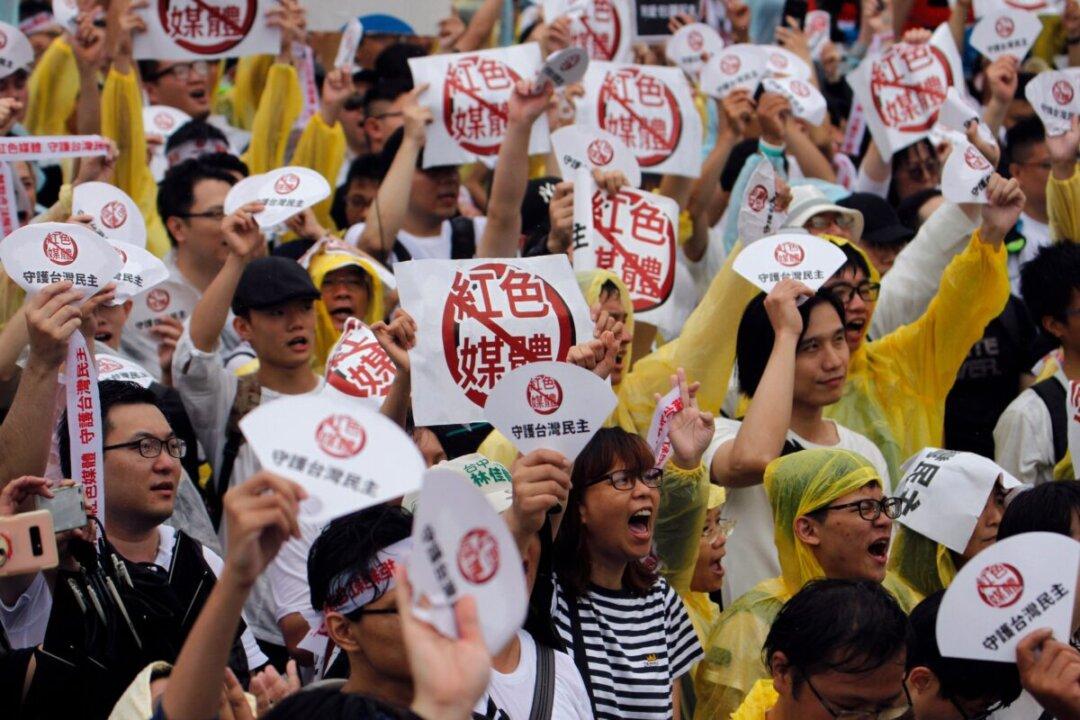Canada can learn from Taiwan on how to deal with disinformation campaigns from the Chinese Communist Party (CCP), a foreign affairs official told a House committee yesterday, as Canadian intelligence agencies investigate allegations of Beijing’s interference operations in the country.
Paul Thoppil, assistant deputy minister of Asia Pacific in the Department of Foreign Affairs, shared experiences the Taiwanese have accumulated over the years in face of the CCP’s propaganda operations, as Beijing seeks to gain control over the self-ruled island despite Taiwan’s de facto independence.





